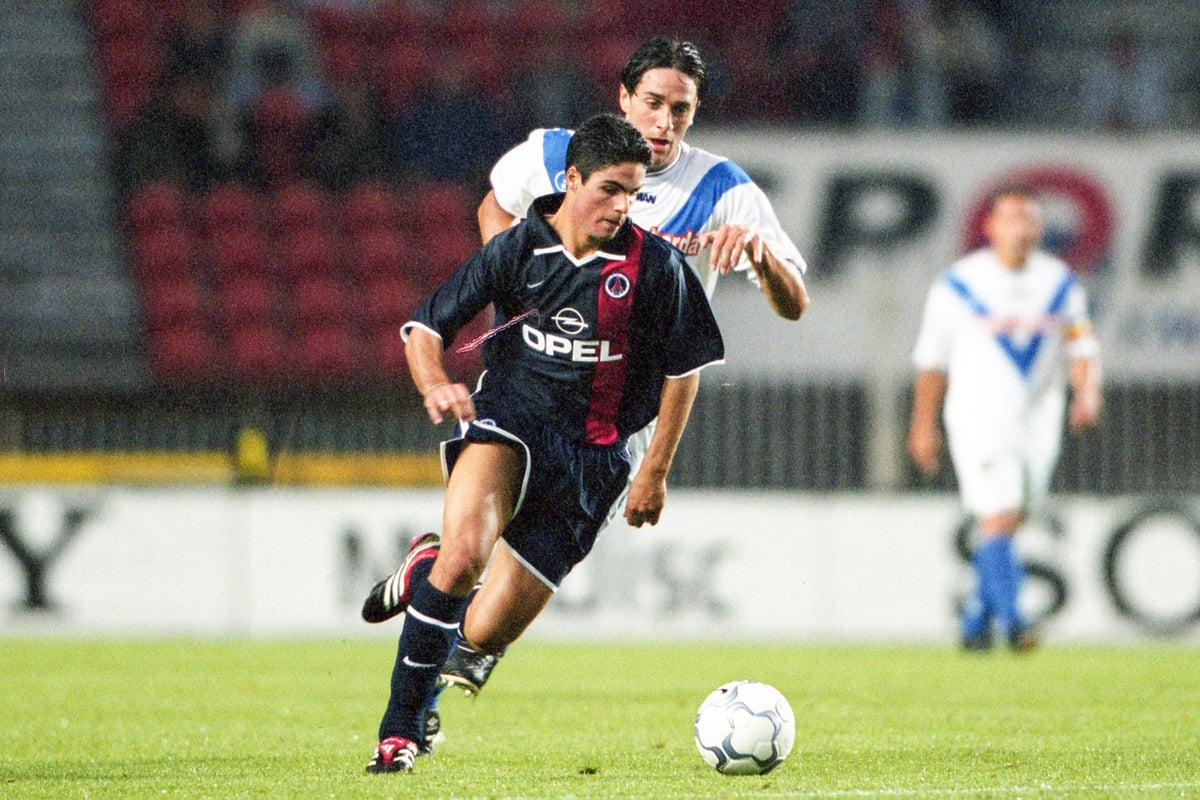The last time Paris Saint-Germain won a European trophy, a long-haired Mauricio Pochettino swapped shirts with a long-haired Roberto Baggio. It was 24 years ago, but another figure looks instantly familiar in the footage. The first substitute PSG brought on that day in 2001 when they beat Baggioâs Brescia still has the same slender build, the same haircut. Now, if Mikel Arteta gets European silverware for the second time, he will have to overcome the club with which he won his first.
Almost a quarter of a century later, both Arteta and PSG are eyeing a greater prize than the Intertoto Cup. In an era when PSG are serial Ligue 1 winners and an ever-present force in the knockout stages of the Champions League, their days in the Intertoto Cup feel still more of a curiosity. They were not even its only winners in 2001 â Aston Villa and Troyes also won one of the competitionâs three finals â but it provides a snapshot of a period in time, of the Paris Saint-Germain that was.
It is unrecognisable in parts, but some of that identity lasted much longer in the French capital than Arteta himself. He joined as a teenager on an 18-month loan in 2001 and was sold by Barcelona to Rangers in 2002.

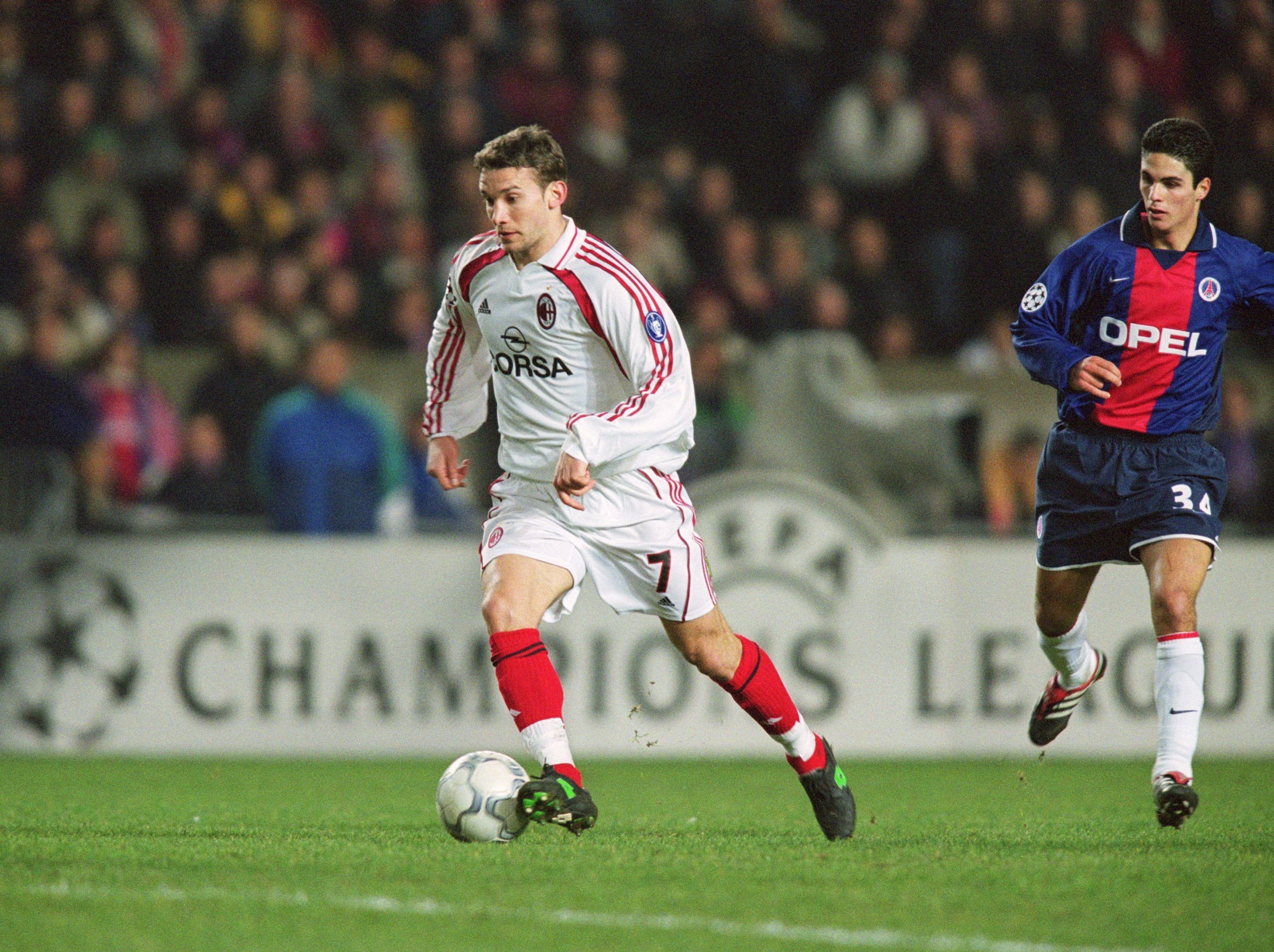
Before Arsenal beat PSG in October last year, Arteta reminisced about a roommate he described as âperfectâ. They nevertheless seem the odd couple, Arteta and Ronaldinho, the control freak and the libertine. The temptation is to assume that the Brazilian would be going to bed around the time the Spaniard was getting up.
Ronaldinho was to make the opposite journey to Arteta, joining Barcelona in 2003. Yet his presence in Paris was an illustration that PSG were a glamour club with a cosmopolitan air long before their Qatari investment. Artetaâs teammates, if not all at the same time, included Ronaldinho, Pochettino, Jay-Jay Okocha, Nicolas Anelka, Gabriel Heinze, Laurent Robert and Ali Benarbia.
Perhaps they were gifted underachievers then. They only finished ninth in Ligue 1 in 2000-01, though they did reach the second group stage of the Champions League (like the Intertoto Cup, an innovation that did not last), with Arteta starting two draws against AC Milan. In his only full season in France, PSG came fourth. In a low-scoring Ligue 1, a team with talent and entertainers only mustered 44 goals in 34 league games.
They were, arguably, less than the sum of their parts. Ronaldinhoâs season was to end with him winning the World Cup, but he spent time on the bench. Anelka left on loan for Liverpool mid-season. His relationship with manager Luis Fernandez was not necessarily the most harmonious; some might say that was typical for each.
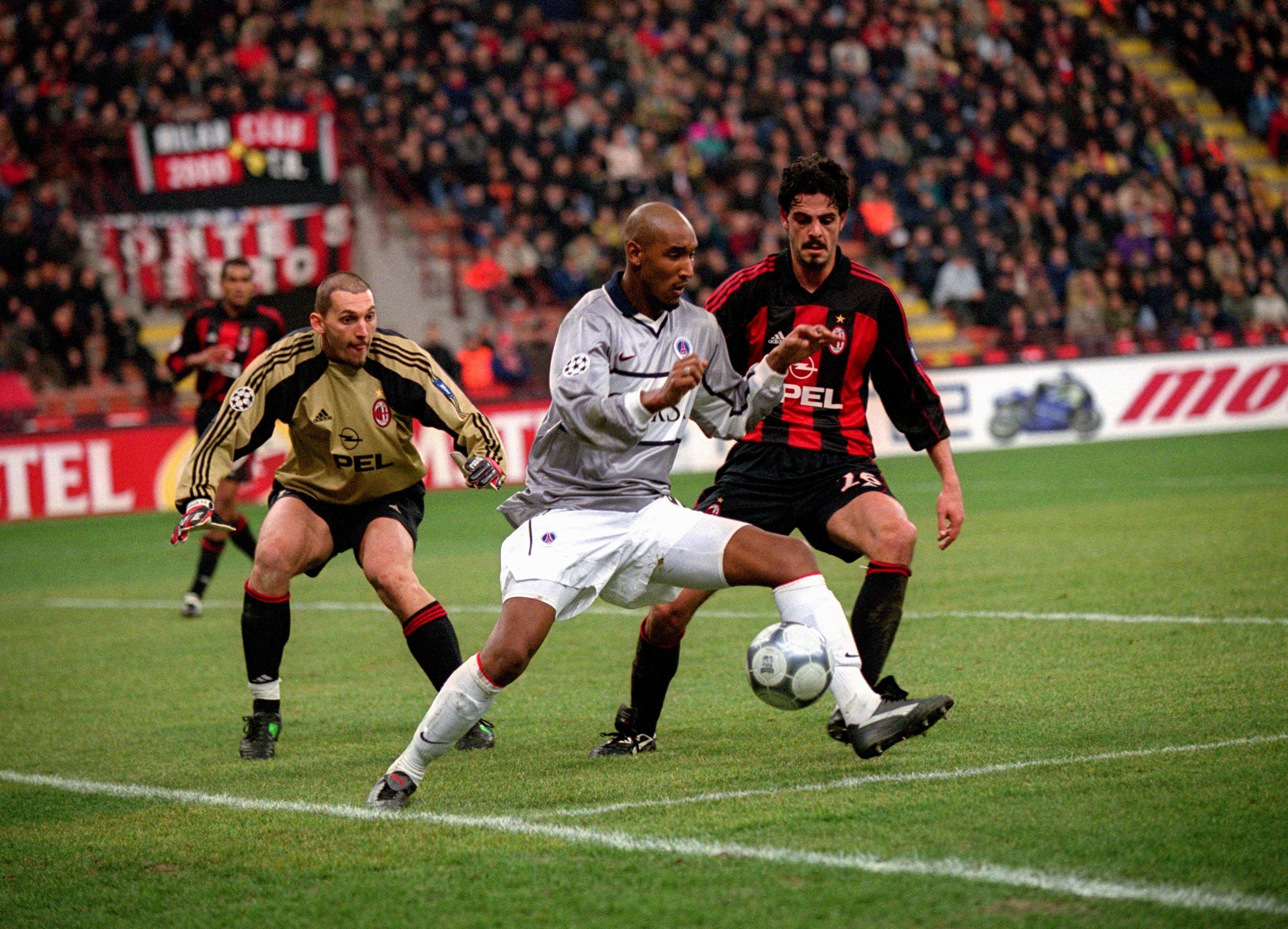
Now PSG are managed by Luis Enrique, another outstanding midfielder born in Spain, another manager who has won European trophies. Luis Fernandez, part of the Euro 1984-winning France team, had taken PSG to the 1996 Cup Winnersâ Cup. He had managed George Weah, David Ginola and Rai in his first spell in Paris. There was stardust in the dressing room when he returned, but a fractiousness, too. Fernandez and Robert fell out, and while the winger starred in the Intertoto Cup win, he was then sold to Newcastle. Okocha scored five goals in the Intertoto Cup in 2001-02 but only four in Ligue 1.
Two decades on, it looks incongruous that one of Paris Saint-Germainâs star players moved on to Bolton Wanderers, but he did. Another went to Rangers. Arteta had excelled in Paris. There were suggestions that PSG hoped to turn a loan into a permanent signing. Instead, Rangers agreed a £6m fee with Barcelona in March 2002, even before his time in France had ended.
Manager Alex McLeish was later to get a reputation for dour, defensive football, rendering him a less likely manager for a stylist like Arteta, but he had been impressed in a Uefa Cup tie between the two teams. Arteta was to score a penalty that won Rangers the Scottish title in 2003; he had scored in a shootout against them, but Okocha, Heinze and Pochettino missed theirs as PSG exited the competition.
PSG donât tend to lose players to Rangers these days, of course. Some elements of the Arteta-era PSG are long gone.
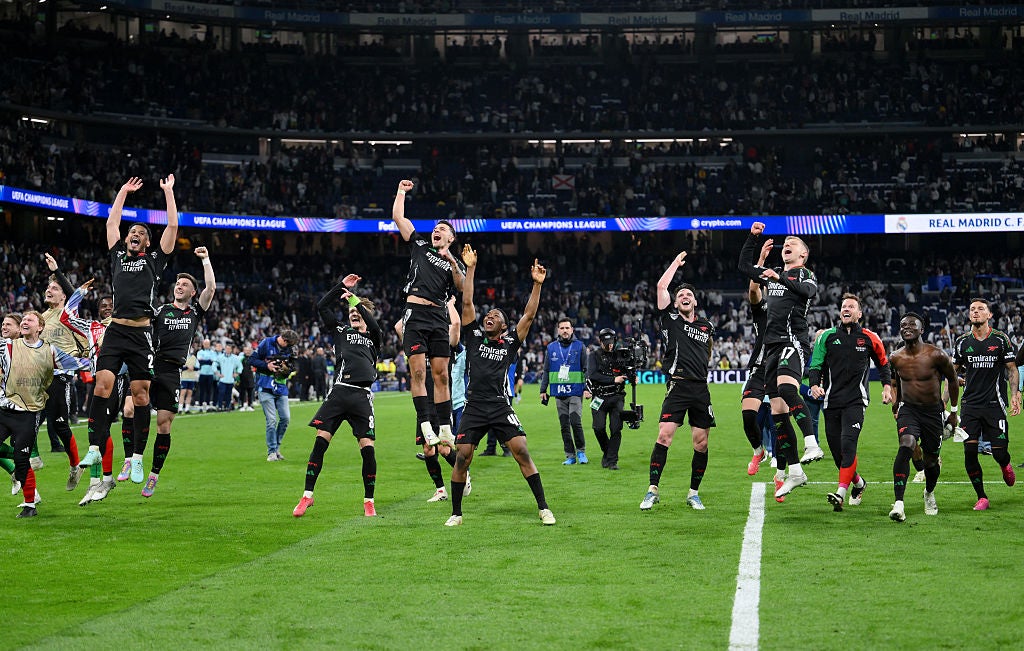
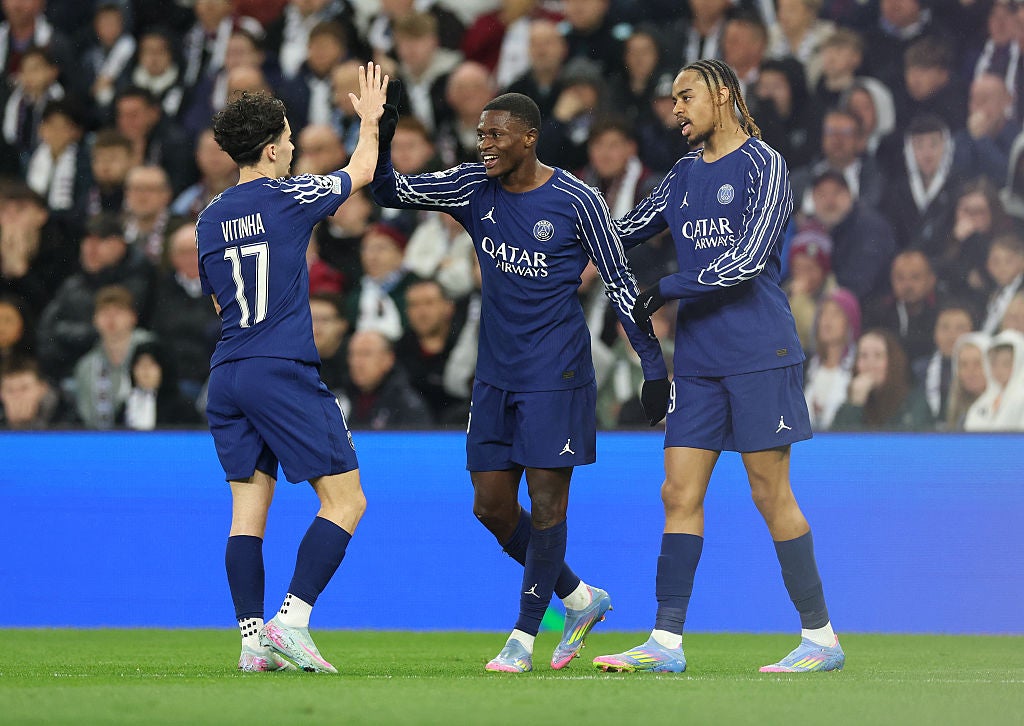
Others lingered longer. There was a fondness for big names, the sense they did not achieve what they could have done on the continental stage. Luis Enrique may change that this year; if he can get the better of Arteta. The elder Spaniard was an influence on the younger at Barcelona.
And yet, as Luis Enrique looks to change the identity of PSG, perhaps it is with an emphasis on Arteta-type signings. He has a talented, young midfield, players on the up who were targeted and signed. Which, almost a quarter of a century earlier, was exactly what happened to Arteta.

